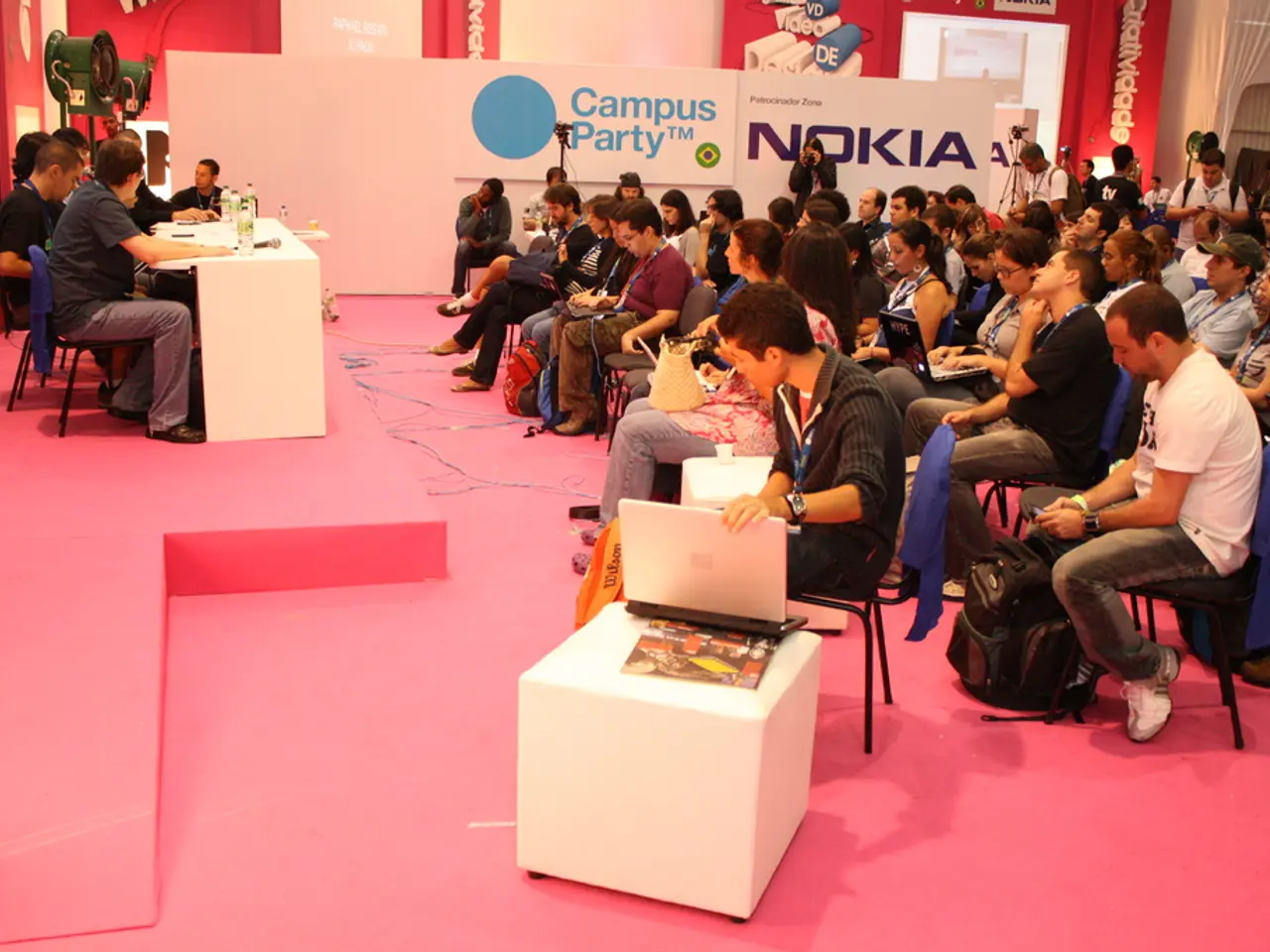EU Commission President von der Leyen under fire for allegedly wielding government policies as weapons through recent initiatives
In her annual State of the Union address on September 16th, European Commission President Ursula von der Leyen presented a series of new initiatives aimed at safeguarding democracy and the media within the European Union. However, these proposals have been met with criticism from conservative Members of the European Parliament (MEPs), who view them as threats to free speech and democracy.
The initiatives, which include the creation of a European Democracy Shield, a European Centre for Democratic Resilience, and a Media Resilience Programme, have been criticized as another EU censorship tool for their aim to fight foreign interference and protect elections. The European Democracy Shield, in particular, has raised concerns among MEPs like German Christine Anderson, who fears it may meddle in national elections, a matter of national competency.
András László, a Hungarian conservative MEP, has been one of the most vocal critics, comparing the proposals to being "Very Orwellian." He accused the European Commission of constructing an apparatus of censorship designed to silence opposition. László also warned that the measures proposed by von der Leyen would drastically expand Brussels' ability to police online speech.
Von der Leyen justified the proposals by claiming that "our democracy is under attack" from rising levels of "information manipulation and disinformation." She stated that the new structures would monitor harmful narratives, support struggling local media, and boost funding for "independent" journalism. However, right-wing MEPs have warned that the European Democracy Shield risks undermining European democracy by funding partisan fact-checkers and deciding which news outlets count as "trustworthy."
The Media Resilience Programme, part of the initiatives unveiled by von der Leyen, has also raised alarms among conservatives. They argue it will channel EU taxpayer money into compliant outlets while sidelining dissenting voices. Critics have highlighted revelations that the Commission has funnelled hundreds of millions of euros into NGOs and media groups under the guise of fighting "hate speech" and "disinformation," blurring the line between journalism and political propaganda.
The European Centre for Democratic Resilience, a proposed initiative, would be responsible for monitoring "disinformation" across member states. However, critics view it as an office to control free speech. Richard J. Schenk, a Research Fellow at MCC Brussels, stated that von der Leyen's rhetoric about protecting democracy had "backfired spectacularly." He argued that the real aim of the proposals is to centralise control of public debate.
László described the measures as "Censorship and the weaponisation of government against conservatives." These criticisms have sparked a heated debate about the balance between protecting democracy and upholding free speech within the European Union. As the initiatives move forward, it remains to be seen how they will be implemented and whether they will indeed strengthen democracy or undermine it.
Read also:
- United States tariffs pose a threat to India, necessitating the recruitment of adept negotiators or strategists, similar to those who had influenced Trump's decisions.
- Weekly happenings in the German Federal Parliament (Bundestag)
- Southwest region's most popular posts, accompanied by an inquiry:
- Discussion between Putin and Trump in Alaska could potentially overshadow Ukraine's concerns







